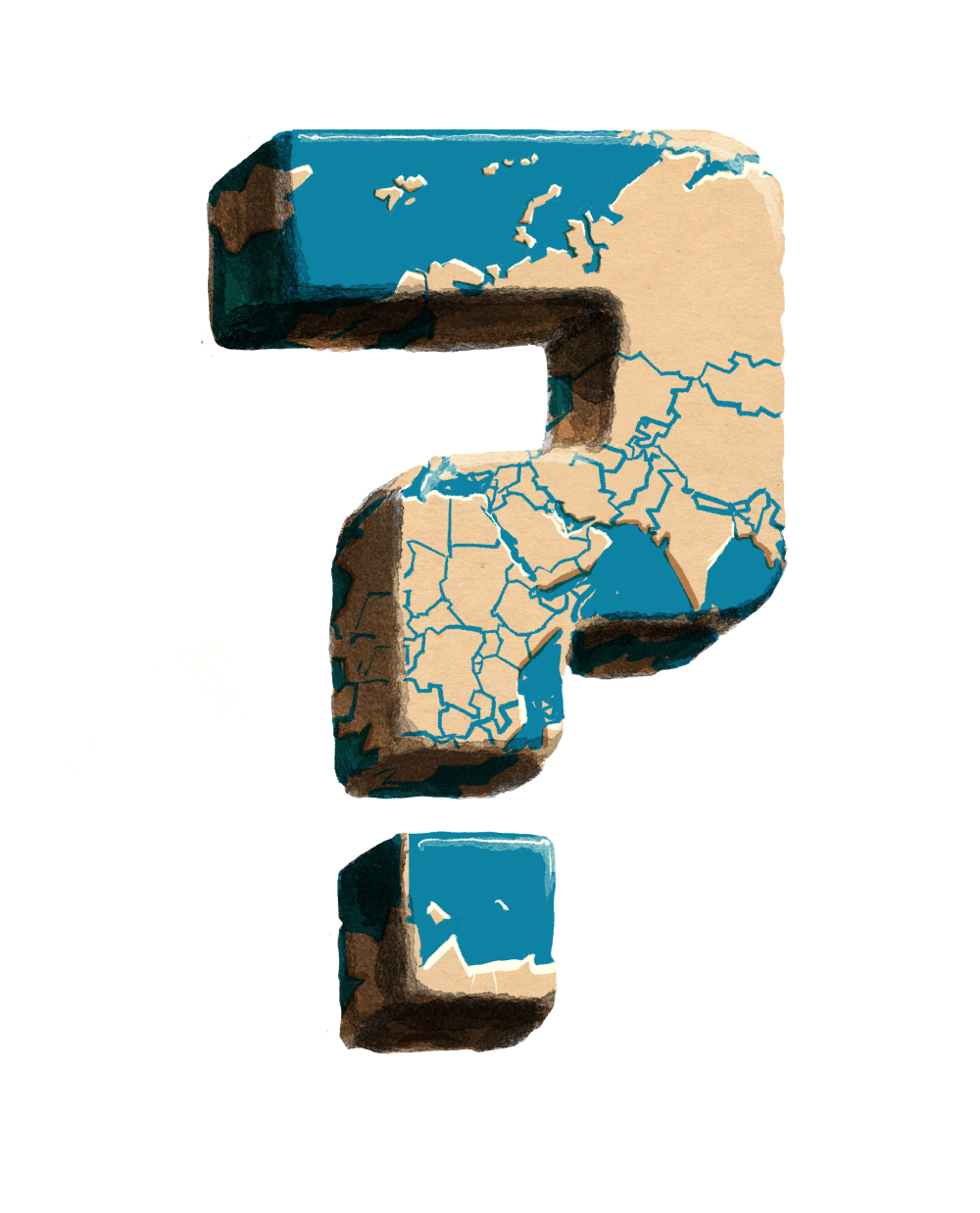Marko Juutinen writes about the changing nature of Globalizations.
‘Regional challenges to multilateralism’ refers to the changing nature of globalization. The nature and implications of that change to global governance is the general research problem of the project to which this blog pertains. But what is globalization? Is not ‘globalization’ just another abstract concept that encompasses too much to embody anything? Consequently, does not the idea of ‘changing nature of globalization’ just evidence our increased awareness of how complex the world truly is? If this were the case, then we can reduce the meaning of ‘change in globalization’ to a shift from our former state of ignorance to our current state of awareness.
There is some truth to this.
Namely, our understanding of the world around us is as much about the reel phenomenon that exist out there as it is about the social perceptions of what there exists. Indeed, to form our understanding of the world we quite often rely on shortlisted perceptions that people whom we trust or depend on mediate to us. Quite seldom, we take the pains to forge our perceptions on our own – nor are able to do so, through observation and scientific analysis. In other words, we tend to rely on somebody else’s perceptions or resort to what Walter Lippmann called public opinion. More importantly and as theorists from Lippmann to Antonio Gramsci or Michel Foucault can demonstrate, public opinion, cultural hegemony or discursive practices tend to rely on power and domination.
Accordingly, it is possible to argue that the meaning of ‘globalization’ inexorably relates to the power of the United States in the globe. Loss of U.S. hegemonic position alters or dissolves that relation. It does not however imply a dramatic qualitative change in what there is out there. It just implies that the world of complexities is unfettered and the chains of Western universalism done away with. Finally, it means that we now should be able to hear the plurality of voices giving meaning and content to global interactions – and us becoming aware of them.
Marko Juutinen
Image: Karstein Volle



Comments